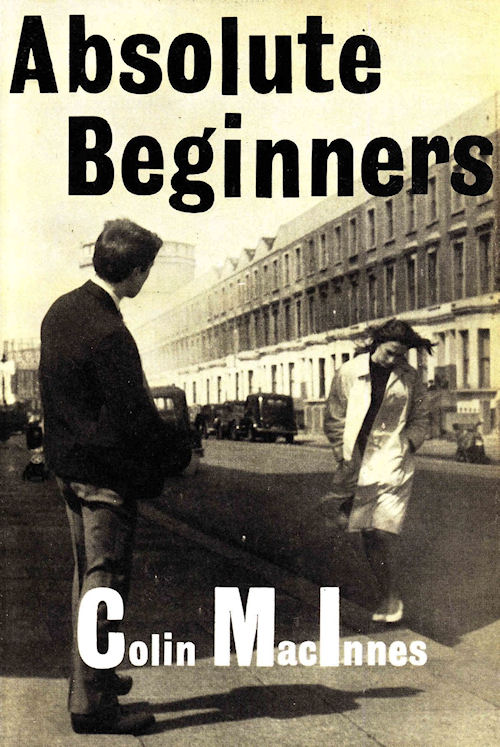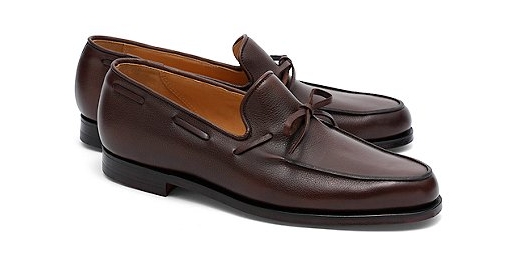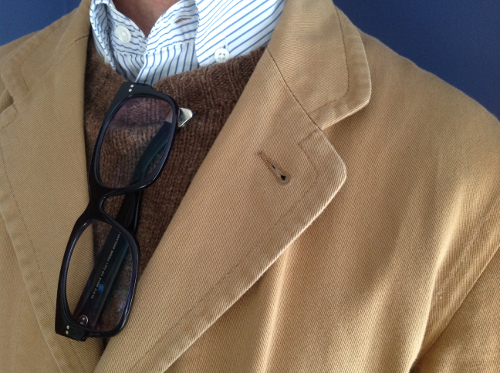Absolute Beginners - Page One of Mod History
Absolute Beginners - The Novel
If the Anglo-Saxon epic poem Beowulf is page one of English history, then the 1959 novel Absolute Beginners by Colin MacInnes might be considered page one of mod history.
Absolute Beginners contains the first account in literature of the burgeoning British modernist movement. The book is set in the summer of 1958 London and written from the perspective of an unnamed teenage photographer living in a run-down part of London. The photographer is our narrator and he epitomises a forward-thinking mod mentality, seeking out the best that popular culture has to offer in clothes, scooters, coffee bars and music, notably jazz. MacInnes uses his mod narrator as a device to introduce characters at the margins of society, but personifying the changing cultural landscape of London. Not much by way of plot, but a vivid depiction of time and place, language and sensibility.
Page one of mod, but, of course, the book of mod continues to be written...
Publishers Allison & Busby has a current print edition.
Absolute Beginners - The Film
The film version of Absolute Beginners didn't get a good reception when it came out in 1986 and was a box-office failure despite heavy promotion. Staging the novel as a musical was a brave approach that failed to ignite interest.
Director Julian Temple - known for the many engaging pop promos he's made for the likes of The Sex Pistols and The Rolling Stones - brought across the freshness and youthful energy of the novel (to me at least), but it's certainly his own interpretation, giving the story the colour and expression of a Columbia Records jazz album cover.
It's diverting if you anticipate the stylized approach and West Side Story dance-fight choreography. I enjoyed a recent re-watch. It may have been for the wrong reasons? Are there wrong reasons?
Absolute Beginners - The Soundtrack
The film may not be everyone's cup of tea, but it's hard to take a disliking to the soundtrack with its original songs by David Bowie, Gil Evans, Sade and The Style Council. Sade and a tap-dancing Bowie (with a shudderingly strange mid-Atlantic accent) also appeared in the film.










